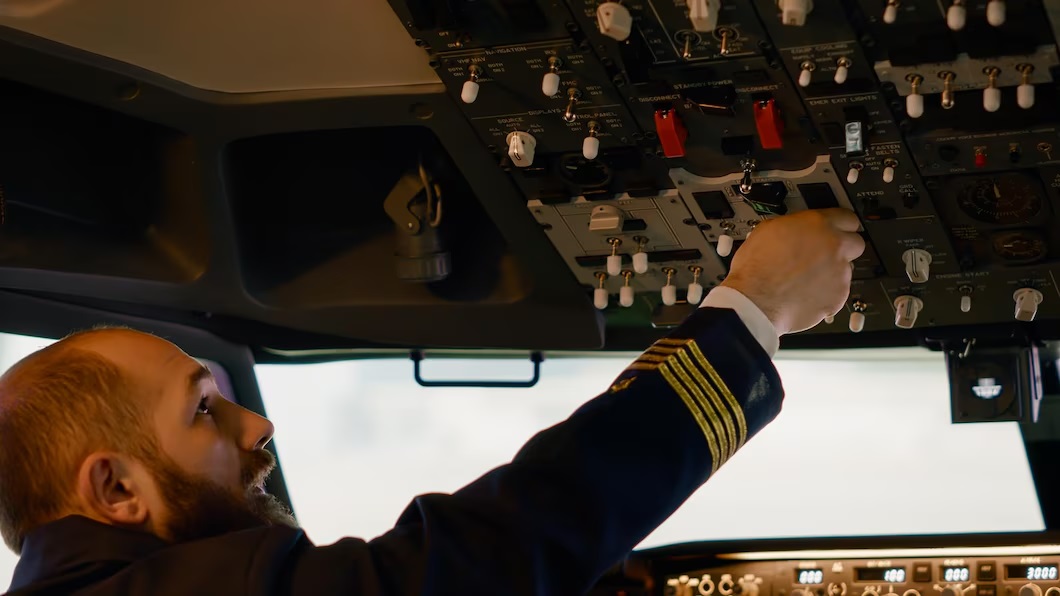The allure of soaring through the skies, feeling the wind against your face, and commanding a machine capable of defying gravity is undeniably intoxicating. Becoming a pilot is a dream shared by many, but it’s crucial to approach this endeavor with a clear understanding of the responsibilities and challenges involved. This guide will delve into the essential considerations for new pilots, from flight training to financial planning, and the importance of securing reliable aircraft insurance.
Flight Training and Licensing
Selecting the right flight school is a pivotal decision akin to building a strong foundation. Thorough research is imperative, considering factors such as instructor qualifications, fleet diversity, curriculum offerings, safety records, and facilities. A comprehensive flight training program encompasses ground school, flight instruction, and simulator training. Mastering aviation fundamentals, including aerodynamics, meteorology, navigation, air traffic control procedures, and human factors, is essential.
Obtaining a pilot’s license marks a significant achievement, but it is merely the first step in a lifelong journey of learning and growth. Aviation is a dynamic field characterized by evolving technology, regulations, and best practices. Continuous professional development through recurrent training, simulator sessions, and staying current with industry advancements are indispensable for maintaining proficiency, safety, and operational currency.
Aircraft Ownership vs. Rental
The decision to own or rent an aircraft hinges on several factors. Financial resources, flight frequency, and desired aircraft type are key considerations.
- Aircraft Ownership offers flexibility and potential investment returns. However, it demands substantial upfront costs and ongoing expenses for maintenance, storage, and fuel.
- Aircraft Rental is more accessible with lower initial costs. It suits infrequent flyers and those exploring different aircraft. However, rental rates can accumulate, and availability may be limited.
Ultimately, the choice depends on individual needs and priorities. Careful evaluation of financial implications, flight patterns, and aircraft preferences is essential.
Safety and Risk Management
Aviation is inherently associated with risk, but through comprehensive knowledge, rigorous training, and disciplined decision-making, these risks can be significantly mitigated. A profound understanding of aviation weather is paramount. Pilots must possess the ability to accurately interpret weather reports, forecasts, and real-time conditions to make informed judgments and adapt flight plans accordingly.
Aeronautical Decision Making (ADM) is a critical skill that empowers pilots to assess risks, consider alternatives, and execute sound plans. Proficiency in emergency procedures and survival training is essential for effectively responding to unforeseen challenges. Maintaining optimal physical and mental health is equally crucial for ensuring peak performance and safe flight operations.
Financial Planning
Becoming a pilot is a rewarding pursuit, but it also represents a substantial financial commitment. Aircraft acquisition costs, whether through purchase or rental, are just the beginning. Ongoing expenses such as fuel, maintenance, hangar or tie-down fees, and flight training can quickly accumulate.
To ensure long-term sustainability in aviation, creating a detailed budget and financial plan is essential. Careful consideration of all costs, including potential unexpected expenses, will help pilots make informed decisions and manage their finances effectively.
Building Your Aviation Network
Building a strong network within the aviation community is invaluable for aspiring and experienced pilots alike. Joining aviation clubs and organizations offers opportunities to connect with like-minded individuals, share experiences, and gain insights from seasoned pilots. Mentorship and guidance from experienced aviators can accelerate skill development and provide invaluable support. These connections can also open doors to new flying opportunities, job prospects, and lifelong friendships.
Additional Tips for New Pilots
Here are additional tips for those who are new pilots:
- Flight Training: Continue to build your flight experience and skills through regular training.
- Aviation Knowledge: Stay updated on aviation regulations, procedures, and technology.
- Emergency Procedures Practice: Regularly practice emergency procedures to maintain proficiency.
- Physical Fitness: Maintain good physical health and fitness for optimal performance.
- Mental Preparedness: Develop strong mental resilience to handle the pressures of flying.
Remember, aviation is a lifelong learning process. By following these guidelines and maintaining a strong commitment to safety, you can build a successful and fulfilling career as a pilot.
Final Thoughts
Embarking on a piloting journey is an exciting adventure filled with challenges and rewards. By carefully considering the factors outlined in this guide, new pilots can lay a solid foundation for a safe and fulfilling aviation career. Remember, aviation is a lifelong learning process. Stay curious, continue to expand your knowledge, and always prioritize safety. The sky is the limit, but responsible decision-making is the key to reaching new heights.
Read More: Top-Rated Courier Services in Bangladesh



